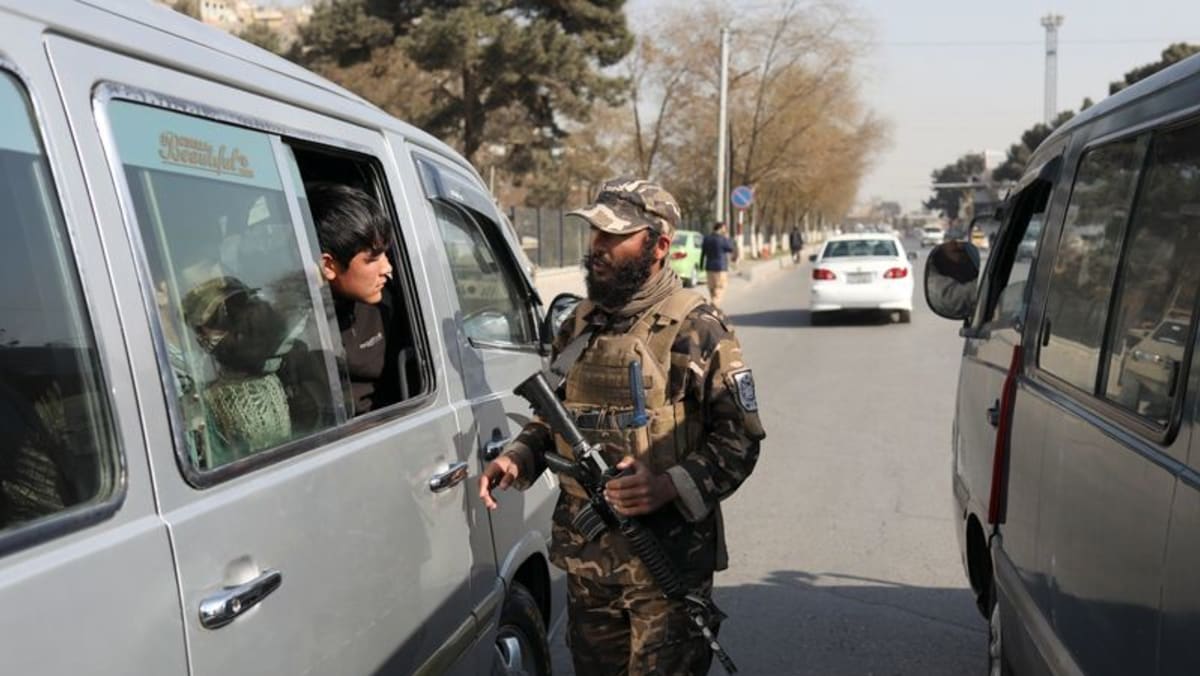Commentary: Is a stable Afghanistan where China, Russia and US cooperate?
Islamic State Khorasan Province perceives the Taliban as an enemy for negotiating a peace agreement with the United States, seeking ties with China despite their persecution of Muslim minorities, and for not having transnational or pan-Islamic State aspirations beyond Afghanistan’s borders.
REIGNITED SECURITY CONCERNS FOR RUSSIA AND CENTRAL ASIA
For Moscow, a turbulent Afghanistan would provide sanctuary for extremist Central Asian terrorist groups. Despite gaining independence from the Kremlin, these disenfranchised militants view Central Asian regimes as Russian President Vladimir Putin’s stooges and a continuation of decades-long Soviet rule that effectively outlawed Islam in the region.
With up to 4,000 Central Asians having joined Islamic State in Iraq and Syria, the presence of the local Islamic State affiliate in Afghanistan poses a security challenge to the neighbouring region. Islamic State Khorasan Province could exploit the resentment Central Asian militants have towards their repressive secular regimes, with their official newspapers announcing that fighters from Tajikistan have waged suicide attacks.
Since August 2021, Central Asian governments have pressured the Taliban to contain the threat of Islamic State Khorasan Province attacks. In the post-Soviet era, during the Afghan civil war, the Islamic Movement of Uzbekistan, its Tajikistani wing, and other offshoots, led armed incursions into Central Asian states from their sanctuary in conflict-ridden Afghanistan.
Russia has long viewed Central Asia as a buffer zone against potential threats from the south, yet also critical to project its influence into Asia. A return to the chaotic conditions of 1990s Afghanistan, with the added challenge of Islamic State Khorasan Province, would reignite these security concerns for Central Asia and Moscow.
CAPITALISING ON DISENFRANCHISEMENT OF CHINA’S UYGHUR MUSLIMS
For Beijing, the risk of a civil war in Afghanistan threatens to capitalise on the increasing disenfranchisement of China’s Uyghur Muslim minority. The Chinese government is accused of widespread human rights abuses towards ethnic Uyghur Muslims, with many analysts describing it as genocide.
Uyghur militant groups, such as the Turkestan Islamic Party, were long based in Afghanistan to train militants for warfare in Xinjiang. Recently, the Taliban have made efforts to restrict Turkestan Islamic Party’s activities to appease China in a bid for economic aid.
For all the latest world News Click Here

